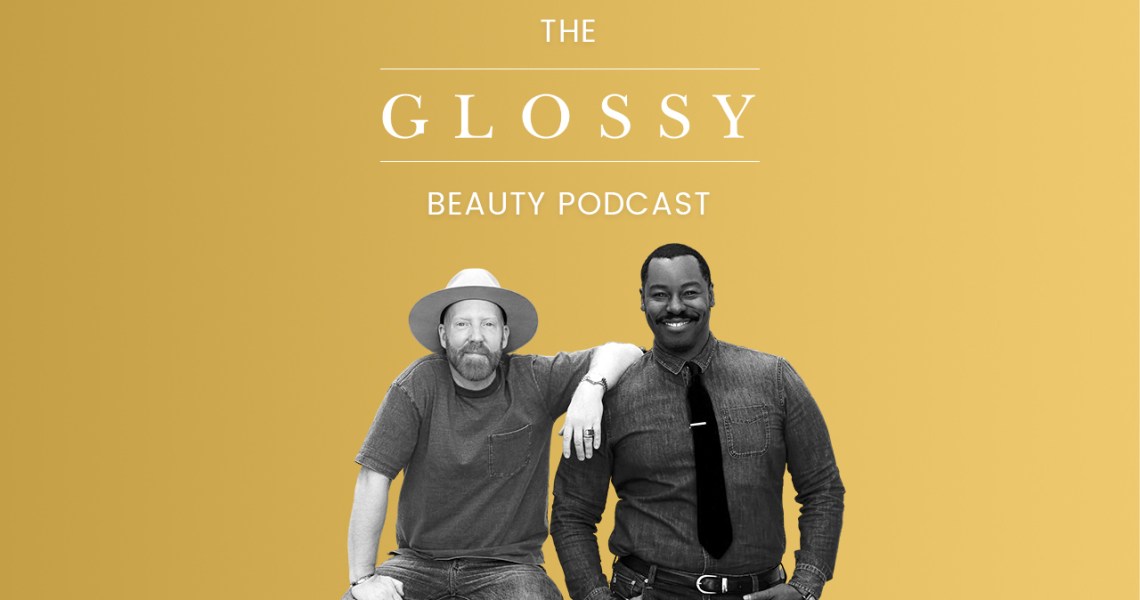Subscribe: Apple Podcasts | Stitcher | Google Play | Spotify
Ted Gibson and Jason Backe had to close one business to make another work.
The married couple (a hairstylist and colorist, respectively) and business partners say it took closing down their flagship salon location on Fifth Avenue in New York City in 2017 to allow them to rethink their futures. What they landed on was a L.A. smart salon “powered by Amazon,” that had no receptionist and no inventory — their hero product, the Shooting Star Texture Meringue, was not sold in store, but on Amazon.
“We knew that that model of 25 chairs, 12 assistants, a huge front desk staff, the overhead of the product — we knew that that model was a dinosaur,” Backe said on the Glossy Beauty Podcast.
In the latest Glossy Beauty podcast, Gibson and Backe talk about bouncing back from having just $2,500 in the bank because of Covid-19, how some beauty companies are all talk when it comes to supporting Black businesses and what the salon of the future looks like.
Here are a few highlights from the conversation, which have been lightly edited for clarity.
The pandemic’s effect on business
Backe: “You can go to the high rollers table and throw everything you got down on the table and hope for a big win, and that’s what we did when we moved to LA. We invested everything into the salon and into our product, the Shooting Star Texture Meringue, and when Hollywood shut down, when the salon shut down, when we couldn’t fly to New York to do our clients, we had $2,500 in the bank. Every single revenue stream was closed, so we were freaking out about what we were going to do.”
Ad position: web_incontent_pos1
Why hair stylists are not sales associates
Gibson: “I know that the model of having $20,000 worth of product on the shelf, expecting the hair dresser to sell it and the consumer to buy it is not really happening like it was before. What that means to me is that businesses, and our business specifically, have to massage both [the salon and product arms of the company] and give both places the same kind of attention. We know that the consumer is the way to go. The professional hair dressers, they’ve always been about making sure the can do their craft, and [for them] it’s really not about selling product.”
Talk is cheap when it comes to social justice
Gibson: “We had a call with one of our retailers [Violet Grey] the other day. What prompted the call was, on their Instagram, they put ‘Oh yeah, we’re going to support Black-owned businesses.’ And I sent them a message right on their feed. I should have said, ‘You have a token black-owned business hair dresser product on your site already that’s been there over a year, and you haven’t done anything. I’m right in your back pocket.”




